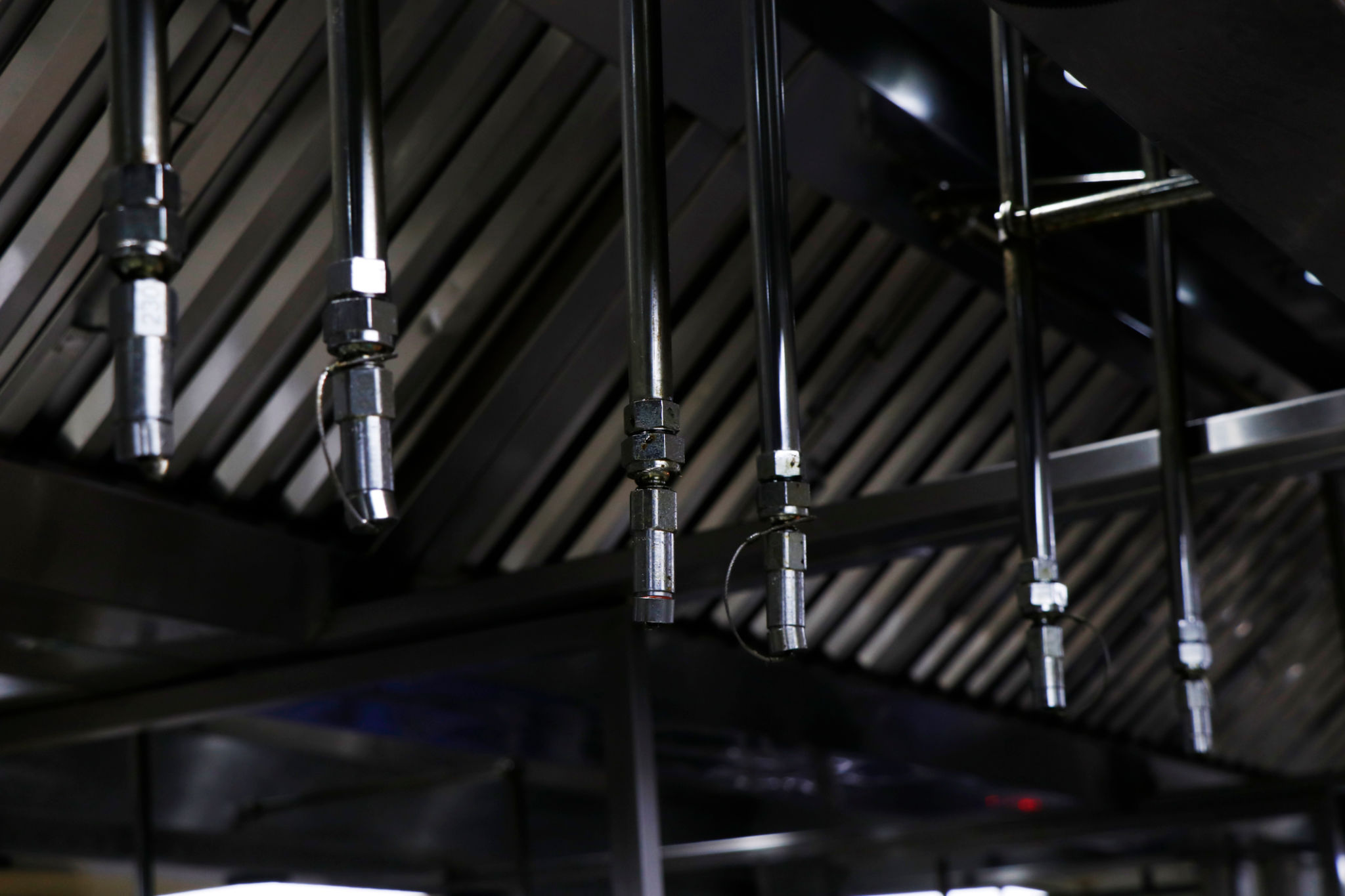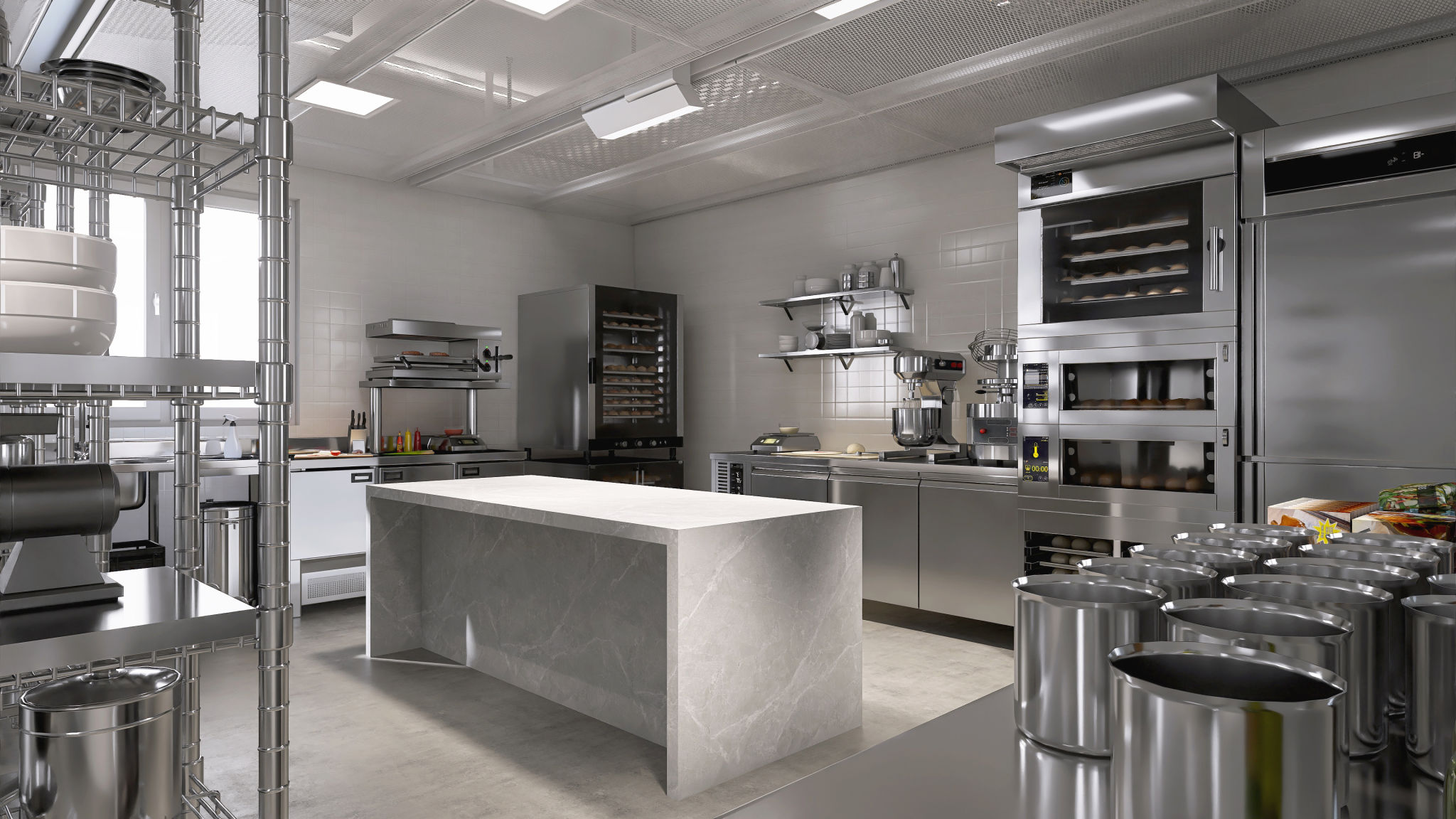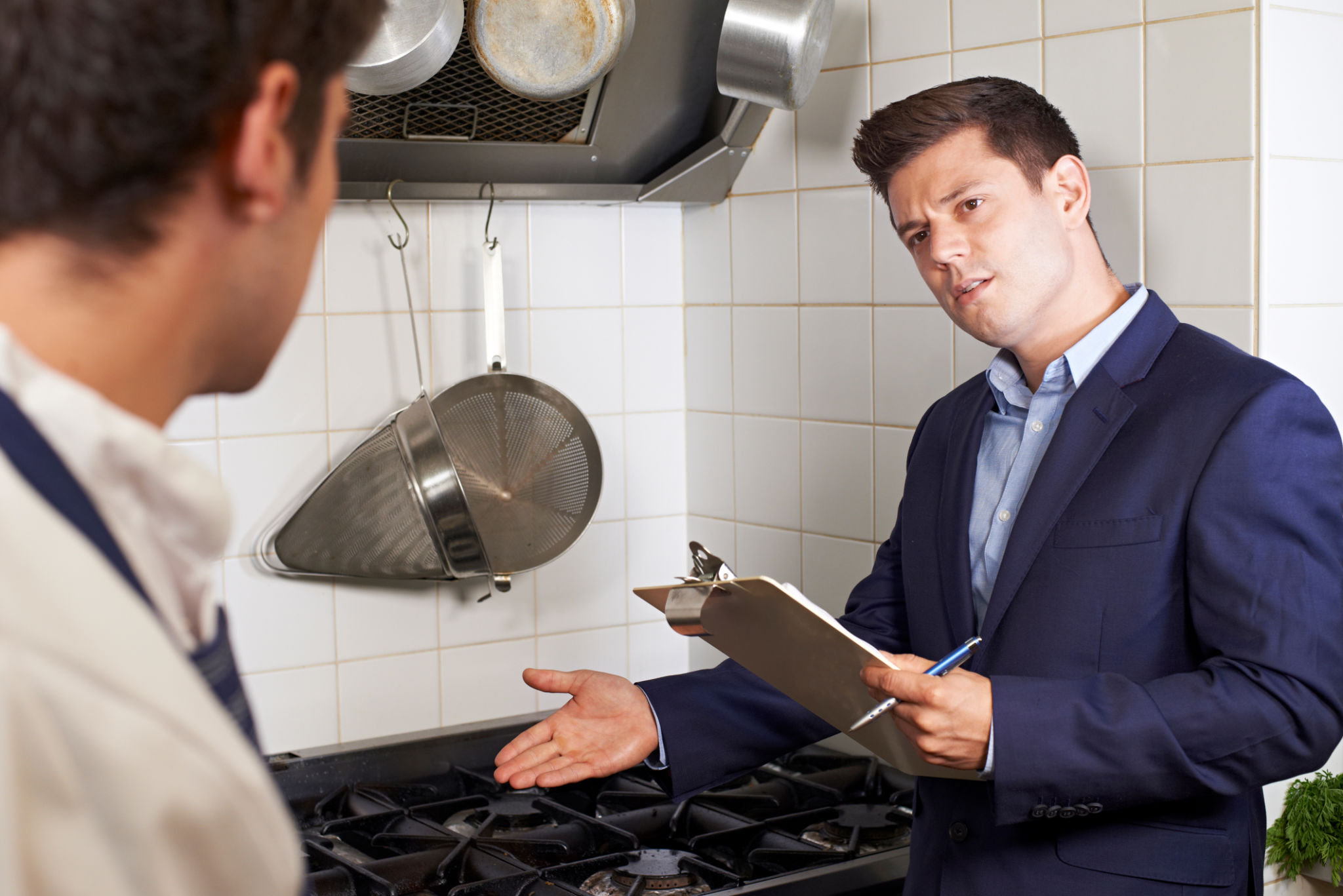Kitchen Suppression Systems: An Essential Guide for Restaurant Owners
Understanding Kitchen Suppression Systems
Every restaurant owner understands the importance of maintaining a safe environment for both staff and customers. One critical aspect of safety is having a reliable kitchen suppression system. These systems are designed to quickly extinguish fires, which can be devastating in commercial kitchens due to the presence of high heat and flammable cooking oils.

A kitchen suppression system is not just an investment in safety; it is also a legal requirement in many regions. Understanding how these systems work and their importance can help ensure your restaurant is not only compliant but also well-prepared in case of an emergency.
How Kitchen Suppression Systems Work
Kitchen suppression systems are engineered to detect fires and release fire-suppressing agents automatically. The system typically includes sensors that detect excessive heat or flames. Once triggered, it releases a wet chemical agent designed to smother flames and cool down hot surfaces.
These systems are integrated into the kitchen's ventilation system, ensuring that the suppression agent reaches the areas most prone to fire, such as the hoods, ducts, and cooking appliances. This comprehensive coverage is crucial for effective fire control.
Key Benefits of Kitchen Suppression Systems
Investing in a kitchen suppression system offers several benefits:
- Rapid Response: These systems are designed to act quickly, minimizing potential damage.
- Automatic Operation: They activate without manual intervention, which is essential during busy kitchen hours.
- Comprehensive Coverage: The system covers various kitchen areas, ensuring no spot is left unprotected.

Maintaining Your Suppression System
Regular maintenance of your kitchen suppression system is vital to ensure its functionality. Here are some tips:
- Schedule Regular Inspections: Professional inspections should be conducted bi-annually to ensure the system is in top condition.
- Check for Obstructions: Ensure that no equipment or storage blocks the system's nozzles and sensors.
- Train Your Staff: Staff should be aware of how the system works and what to do in case it activates.
Proper maintenance not only extends the life of your system but also ensures compliance with local fire safety regulations.
Selecting the Right System for Your Restaurant
Choosing the right kitchen suppression system requires careful consideration. Factors such as the size of your kitchen, the type of cooking equipment, and your local fire code requirements all play a role. Consulting with a fire safety expert can help you make an informed decision tailored to your restaurant's needs.

It's essential to select a system from a reputable manufacturer known for reliability and efficiency. Investing in a quality system can save you from potential losses and ensure the safety of everyone in your establishment.
The Role of Training in Fire Safety
While having a kitchen suppression system is crucial, training your staff on fire safety protocols is equally important. Staff should know how to operate manual fire extinguishers, understand evacuation procedures, and recognize the signs of potential fire hazards.
A well-prepared team combined with a robust suppression system creates a safer environment, allowing you to focus on delivering exceptional culinary experiences without compromising safety.
